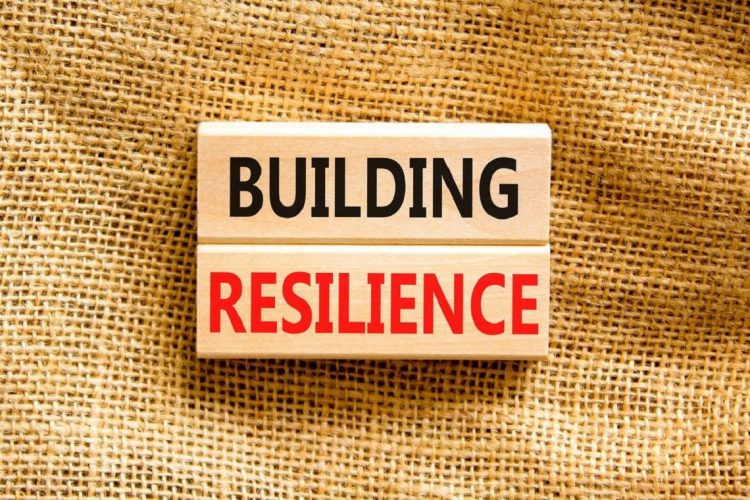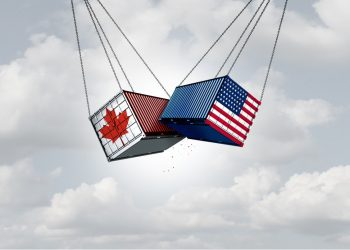I wanted to talk this week about resilience—coming back from a difficulty, perhaps a place where you weren’t sure what was coming next—where you’re questioning your own economic or emotional survival.
What comes to mind is a story I recently heard, about a man, a grievous injury, and grit.
Colonel Gregory Gadson was a West Point football player, a small one, who often gazed across the line of scrimmage into the sweaty, smudged faces of bulkier men. Still, he would call out competitive taunts. “It’s gonna be a long day for you,” former West Point Coach Tim Kish recalls hearing Gadson mutter to the opposition, “I hope you packed a lunch.” Gadson was a standout. He’d hit a player hard, then help him get up. That was his magic.
Playing for West Point eliminates a lot of career drama; you’re not going pro—you’re going into the Army. And so, Gadson went, bringing along that same “can do” attitude. He served in every major war in which the US engaged. He became a beloved leader, taking the lessons of teamwork and resilience he learned on the gridiron onto the battlefield. In 2007 Gadson led a 3,500-member infantry unit that he’d built from scratch at Fort Riley, Kansas into Iraq. They were a well-oiled machine, having spent weeks training with a tough, charismatic commander.
Only a few weeks into their deployment, on the evening of May 7, the military vehicle that Colonel Gregory Gadson was traveling in was hit by an Improvised Explosive Device (IED). Colonel Gadson was injured, requiring a substantial amount of blood transfusions (129 units of blood) to sustain him; his heart would stop three times before he arrived three days later at Walter Reed Army Medical Center (WRAMC), but his team had saved his life.
When he arrived at WRAMC his legs had been surgically sewn together and set in metal cages. But in emergency surgery that could have, once again, cost him his life, he lost one leg. Later he and his family chose to give up the other, rather than risk ongoing infection.
This man, who’d been at the top of his game—an up-and-coming lieutenant colonel, a respected leader who had a wife, and two pre-teen children—was now missing half of his body.
“There were no waypoints,” Gadson recalls. “I didn’t know how I was going to provide for my family. How could I take my son fishing? Who would walk my daughter up the aisle at her wedding?”
There were some very dark days. Gadson applied the lessons he had learned from life, drew strength from his family, and found support in his faith. He didn’t search for waypoints so much as he watched for glimmers.
One day a former Army football teammate, Mike Sullivan, came to visit him at WRAMC. He found Gadson’s spirit of recovery so inspiring he wanted to share it with his own team: the New York Giants. Sullivan was then a coach for the team, which had begun the season 0-2. Things were looking grim at the Meadowlands Sports Complex. Sullivan felt the team had talent, but they were playing as individuals, caught up in the hype. They too, needed a glimmer. Sullivan invited Greg to speak to the Giants on the evening before they took on the Washington Commanders.
“I wasn’t a public speaker at the time,” Gadson says. “What was I going to say to a room full of successful professional players? I’d never reached that level.”
But there was one thing Gadson could talk about: resilience in a time of darkness.
“Your life can change in an instant,” he told the room full of players, rapt and wrapped in silk suits and diamond stud earrings. “Everything could turn on one career-ending injury. That’s why you must embrace every opportunity. You can get caught up in the media, the numbers. But none of those matter. What matters is your team. I am alive today because of my team. My team trained. And my team saved my life. That’s how you must play tomorrow—no one on the field matters more than the guy next to you. No one.”
And so began the Giants’ winning streak. It took them all the way to the Super Bowl. Gadson spoke again to the transformed Giants the night before that championship game.
“Believing is better than knowing,” Greg told the Giants. They believed. And in the final two minutes of that game (who could forget David Tyree’s helmet catch?), they beat the undefeated New England Patriots and became world champions.
Gadson travels the country now, bringing his motivational message to corporations, sports teams, and non-profit organizations.
So, what’s the message? Colonel Gregory Gadson’s story is a testament to finding glimmers of hope in the darkest moments and the transformative impact of unwavering determination.
This article is adapted from Blefari’s weekly, company-wide “Thoughts on Leadership” column from HomeServices of America.












